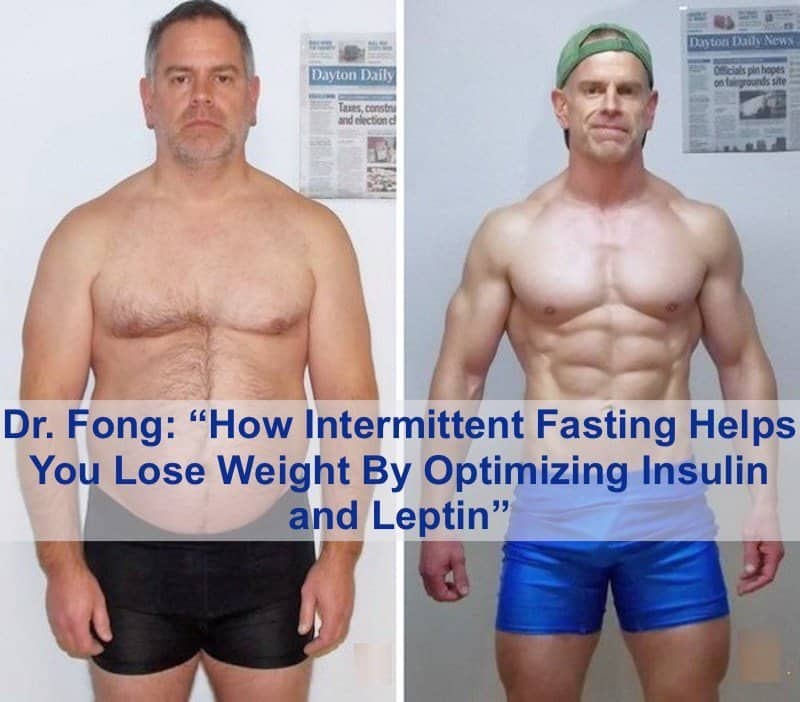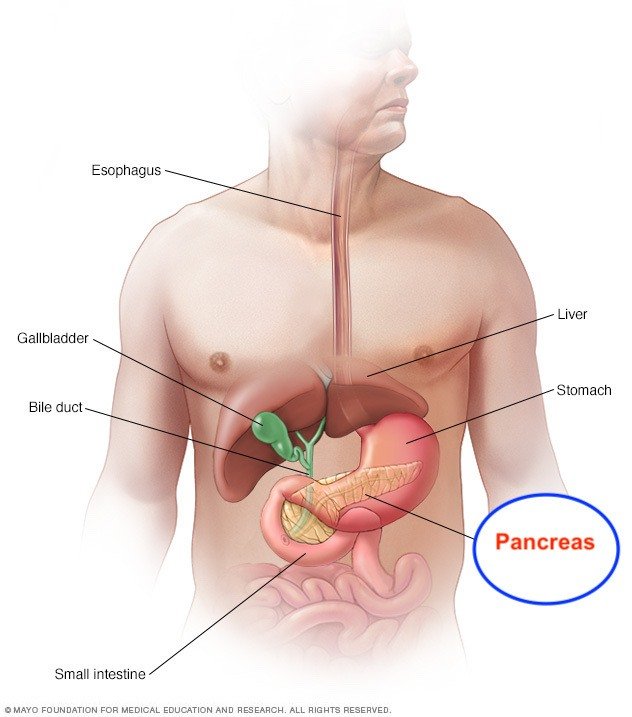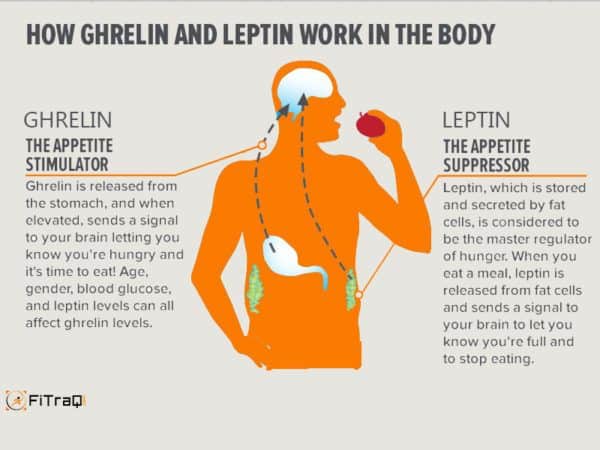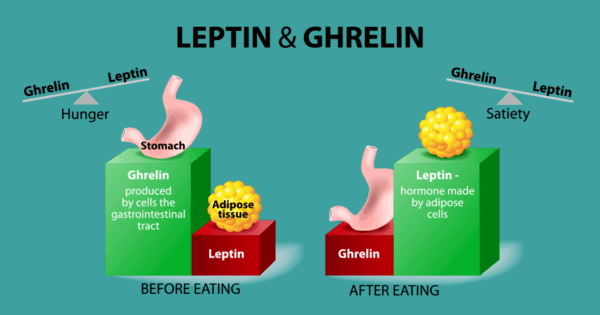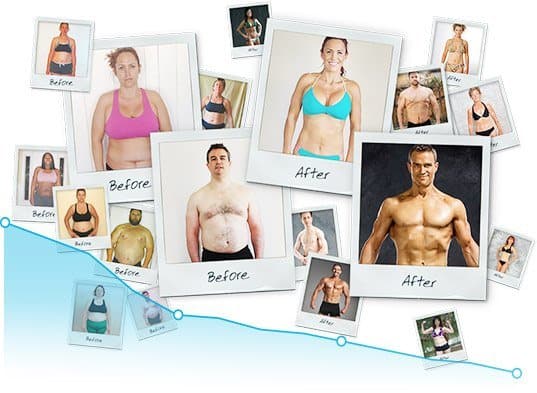Dr. Fong: “How Intermittent Fasting Helps You Lose Weight By Optimizing Insulin and Leptin”
Ditch the calorie counting! Instead, learn how to optimize your insulin and leptin (ghrelin too). These hormones are what control your body fat. Get them working for you through practicing Intermittent Fasting. Dr. Jason Fung points the way — Watch!
Dr. Jason Fung is recognized as one of the world’s leading experts on fasting for weight loss and diabetes reversal. He is the author of several books, including The Complete Guide to Fasting (co-authored with Jimmy Moore) and the bestselling The Obesity Code.
His advice is to focus on optimizing ghrelin, insulin and leptin, as you’ll soon see.
If you have the time and inclination to watch Dr. Fong hold court with Mike Muzel for an hour and a half, just click the play button embedded in the first video below, sit back and prepared to learn what you need to know to lose weight and get healthier.
Otherwise, scroll down to find the specific topics of interest and then play the segments devoted to them. Although all the videos have the same cover pic, each begin with the topic presented in respective head line.
In this article, you’ll discover:
- What is ghrelin, insulin and leptin resistance.
- Hormones vs Calories — which one matters more?
- How “homeostasis” works and why it’s important.
- Why you want your insulin sensitive (tip: that’s when it burns fat).
- Why many doctors misunderstand Type 2 diabetes.
- Which Intermittent Fasting protocol is best for you.
Let’s dig in…
Intermittent Fasting Balances Leptin and Insulin Resistance
Before we dive into Mike Mutzel’s interview with Dr. Fung, let’s get familiar with some terms that they’re going to liberally use, beginning with insulin.
As you may know, insulin is a hormone produced by the pancreas.
The two primary functions of the pancreas are to:
- Secrete enzymes, or digestive juices into the small intestine to breaks down food that has left the stomach.
- Produces the hormone insulin and secrete it into the bloodstream, where it regulates the body’s glucose (sugar) level.
Carbohydrates are the main stimulus that causes insulin blood levels to rise. When the body digests carbs into sugar and releases it into the blood, the pancreas releases insulin to transport the sugar from the blood into the cells. Reducing your carb intake could help increase insulin sensitivity.
Why is insulin sensitivity a good thing?
The website Healthline puts it this way:
Insulin resistance implies that the cells are not responding well to the hormone insulin. This causes higher insulin levels, higher blood sugar levels and may lead to type 2 diabetes and other health problems.
Are you insulin sensitive?
You want to be sensitive, right? That includes your insulin. If you’re not insulin sensitive, you’ll have symptoms, which include, says Healthline:
… lots of belly fat, high blood triglycerides and low HDL levels.
You may not have a current read on your triglycerides or HDL numbers, but the mirror can help you with the “lots of belly fat” symptom.
Let’s move on to leptin.
You may have heard of leptin. Like insulin, leptin is a hormone — but rather than being produced by the pancreas, leptin is produced by fat cells that plays a role in body weight regulation by acting on the hypothalamus to suppress appetite and burn fat stored in adipose tissue.
Dr. Josh Axe says that leptin is thought of as either the “starvation” or “satiety” hormone because it notifies your brain if you’ve eaten enough and your energy levels (caloric intake) are sufficient, or if your energy intake needs to increase.
Dr. Axe lists a number of factors can influence leptin and ghrelin levels, including:
- Calorie intake
- Meal timing
- Sleep/wake schedule and sleep duration (both linked to your circadian rhythm)
- Light exposure
- Exercise
- Stress
Yes, I threw in another word (or rather, Dr. Axe did) into the mix, “ghrelin”. (I’ll get to “Meal timing” in a minute.)
You’ll often see leptin and ghrelin lumped together in conversations about hunger/satiation signals between various parts of the body, like the stomach, and the brain; principally the hypothalamus.
Therefore, a few bullet points about gherlin relative to leptin are instructive:
- Although leptin is considered the main satiety hormone because it helps control appetite, ghrelin is considered the main hunger hormone because it increases your desire to eat.
- When levels of ghrelin and leptin are disrupted, your ability to eat when truly hungry and stop when full can become severely compromised, leading to changes in body weight and other related consequences.
- Even though these two hormones have opposite effects, diet and lifestyle changes that help to regulate leptin are also helpful for controlling ghrelin.
The following two illustrations may help you visualize the leptin/ghrelin interplay, thanks to KetogenicDietIndia.org:
Are your leptin and ghrelin hormones properly functioning?
According to Paleohacks, check yourself on these five things to answer that question:
- Do you eat lots of sugary, processed fast foods and desserts?
- Are you stressed and sleep deprived?
- Are you consistently under-eating?
- Do you have constant food cravings?
- Are you overweight or underweight?
Although not definitive, if your answer to two or more of these is, “yes”, your leptin and ghrelin hormones might need some tweaking.
Which brings me to the “Meal timing” bullet point listed above. I highlighted it because meal timing is what Intermittent Fasting is about, and is the focus of this article. Furthermore, as you’ll see from the videos below, something to consider to get your insulin, leptin and ghrelin functioning optimally is to practice Intermittent Fasting.
If you’d like to know how do practice intermittent Fasting, read: Why Intermittent Fasting Is Your Ticket To A Long and Healthy Life, as well as these few.
Let’s now turn to Mike Musel’s interview with weight loss expert, Dr. Jason Fung who will explain how intermittent fasting can help you lose weight by optimizing your gherlin, insulin and leptin.
Hormones vs Calories — How Intermittent Fasting Optimizes Gherlin, Insulin and Leptin to Help You Lose Weight
Although they all appear the same, each video segment below begins at a different place in the interview, corresponding to the subject matter summarized below the videos.
If you don’t want to do a deep dive into the entire interview and the topics addressed therein, I suggest that you:
- Scroll down and find the subheading that most grabs you,
- Read the text under the video, and if so inspired,
- Watch the video tuned to that particular subheading.
The Calories notion is false
This segment already cued at 03:55
To determine calories, scientists burn a piece of something and see how much energy is produced from it. Your body does not measure calories and does not respond to it. 100 calories of broccoli is not the same as 100 calories of doughnuts.
What does influence the body’s reaction to the type of foods consumed are their macronutrient makeup (protein, fat and carbs) and the hormonal response to them. For instance, for most people — not all — eating sugary carbs will cause a blood sugar spike and a corresponding insulin (a hormone) response.
It’s the metabolic influence of hormones that is largely responsible for negating the “calories in/calories out” concept. Our bodies do not react the same to, say, 2oo calories of donuts and 200 calories of salmon.
We went from eating 3 times a day in the 1970s to eating 6 to 10 times a day. This creates insulin resistance. Your fat cells expand and turn on leptin. When leptin is stimulated too often, you develop leptin resistance.
We have a mechanism in our body that determines how fat we get
Your body vigorously defends this set weight. If you get too fat, your body tries to burn off the extra calories until you return to their set weight. If you lose too much weight, your body burns less.
This balancing mechanism is referred to as “homeostasis”.
This segment already cued at 13:54
A good analogy that explains homeostasis is a thermostat, which, say, is set to 72 degrees. When the ambient temperature drops below 72, the homeostatic set point, the heater is triggered and the heat brings the room temperature back to 72. The opposite also happens — when the ambient temperature climbs above 72, the air conditioner is triggered and the room temperature is lowered back to 72 degrees.
If your fat cells expand to a certain point, they will generate leptin. Leptin goes into the brain and signals that we are too fat and turns down appetite. As you eat less, insulin goes down.
Your body weight set point is being reset upward. In obesity, there is no lack of leptin, but a lack of response. Your negative feedback loop is broken and you will gain weight.
To reset your body weight set point, you need to get your insulin low for a significant amount of time in order to get your leptin levels low. The reset of your body weight set point is a balance between insulin and leptin. It is a long term process.
Intermittent fasting/fasting is not about caloric reduction, but rather optimizing ghrelin, insulin and leptin to build lean body mass
When you drop your insulin enough, you tell your body to switch fuel sources. When you eat all the time, you fuel your body on the fuel that is coming in. During a fast, after you have burned through your body’s glycogen stores, you begin to burn fat.
This segment already cued at 29:41
Insulin inhibits lipolysis, stopping you from burning fat. When you limit caloric intake but your body has no access to fat stores, your metabolic rate slows in order for you to survive. If you are switching fuel sources, your body has no reason to slow down.
On a seven day water-only fast, your insulin falls and you switch from burning food to burning fat. Since there is plenty of fat to burn, you metabolism does not slow. Your metabolic rate is maintained.
During fasting, as your insulin falls, you get a counter-regulatory hormone surge, increasing adrenaline, growth hormone and cortisol. This is done in an effort to get glucose out from the liver into the blood. This pumps up your metabolic rate.
There is a period of gluconeogenesis that occurs at around 24 hours into fasting. When fasting you go to the glycogen stores, chains of glucose stored in your liver. Those last about 24 to 36 hours. You will burn protein, not muscle. Your body targets unneeded or damaged proteins. Growth hormone increases during fasting 3 to 5 fold on a five-day fast. When you eat again, you will rebuild your lost protein, but it will no longer be damaged protein; it will be robust and healthy. This same process of gluconeogenesis can potentially target and “clean up” cancer and Alzheimer’s plaque, in part, through cellular autophagy.
You get much better retention of lean mass with an intermittent fasting strategy over cutting calories.
“Biggest Loser” style diets sink metabolic rates rather than managing insulin to burn fat
If you are not bringing in enough calories and your insulin is still high, you will feel cold and sluggish. Your hair may fall out and your nails may get brittle. Everything takes energy. You are not losing weight. You start gaining weight.
This segment already cued at 38:24
During the time you fast, your body burns stored food energy.
When you restrict calories during your restricted eating windows and insulin is low from this intermittent fasting, you allow your body to access stored food energy.
Women can fast. Ghrelin is the hunger hormone. The higher it is, the hungrier you are. Women have higher ghrelin spikes.
If you don’t eat over 24 hours ghrelin spikes 3 times, at breakfast, lunch and dinner. Ride the wave of hunger. Hunger does not continue to increase. If you don’t eat, it drops back down. Your body ate lunch out of your own body fat.
Cravings disappear with fasting and keto. If you have cravings, do not give in. The craving will subside. If you have just a little, it will get worse. Giving up sweets completely is easier than just having a little. This is one of the reasons fasting is so powerful.
You can eat high carb foods and keep low insulin
Carbs are not the only input into the insulin system. Regional groups of people around the world eat a high percentage of carbs every day, yet they are not obese. They do not eat all day and they eat little sugar.
This segment already cued at 49:38
Sugar is more fattening than other carbohydrates. Fructose has no insulin effect and no glycemic index effect, but it’s bad for you — about 20 times as fattening as bread.
Natural foods have natural satiety mechanisms. Highly refined grains have no satiety effect because the fat, protein and fiber (all of which can induce satiety) are removed. When such grains are finely ground, you absorb it quickly and it gives you a fleeting sugar high. This is why you always have room for desert.
Type 2 diabetes is misunderstood by doctors (and it’s reversible)
You cannot solve type 2 diabetes by merely increasing insulin to make it, in effect, cram excess blood sugar into your liver. When this happens, the sugar turns into fat or the sugar is sent throughout the body, including your eyes, legs, heart, nerves and your liver. Over decades of using insulin to cram sugar into your body, your body rots. There is so much sugar sitting around, that diabetics get infections easily.
This segment already cued at 1:08:31
Blood glucose is not the cause of type 2 diabetes. It is the symptom. Too many doctors treat the symptom, not the disease.
There is too much sugar in the body, in type 2 diabetes. Don’t put more sugar in. Eat a low carbohydrate diet. Burn it off through intermittent fasting.
Type 2 diabetes is reversible, except for the very late stage. If you don’t eat, you burn off your body’s excess sugar. 99% of diabetics are being treated incorrectly.
The longer you’ve been overweight the more it effects weight loss.
There are conflicts of interest in medicine. We pretend to live in the world of evidence based medicine. If the evidence is corrupt, then evidence based medicine is also corrupt. Much evidence is produced by pharmaceutical companies. Universities take funding from industry and produce shoddy research.
Bias in nutrition science is rampant and has stymied the advancement of actual science. Special interest needs to be out of research.
Choose Your Intermittent Fasting Protocol and Watch the Fat Melt Away
At this point you have a really good idea about how and why hormones trump calories when it comes to getting and staying lean. We must optimize our ghrelin, insulin and leptin to lose body fat and keep it off us permanently.
You’ve also now know that some form of fasting is an ideal approach to get those hormones dancing together without misstep. As the name suggests, Intermittent Fasting is a protocol that has you fasting for chunks of time during each day, or on certain days in the week.
There are different approaches to Intermittent Fasting, so why not chose the one you’d best be able to stick with?
Go read, Choose Your Favorite Intermittent Fasting Protocol (and watch the fat melt away).
In that article, I cover the following:
- How a guy already lean at 10% body fat used IF to drop it to 4%;
- The three IF protocols most favored by Dr. Berardi;
- Tips, strategies and outlines of an Intermittent Fasting protocol you can start right away;
- A list of various intermittent fasts, time-restricted feeding and periodic fasting you can try to get lean and healthy fast;
- Videos of Dr. Michael Mosley explaining his 5:2 Intermittent Fasting protocol; and
- A video of Dr. Michael Greger showing the studies that indicate why soups and smoothies might be just good enough if you just don’t want to experience hunger.
Once you absorb the material, you’ll be able to try Intermittent Fasting and see if you can reset your ghrelin, insulin and leptin, and melt your fat away.
Your Takeaway
Remember these four things:
- Yes, it’s true that what you eat matters, but…
- How many calories you consume is not as important as how well your ghrelin, insulin and leptin hormones function.
- Intermittent Fasting helps make these fat-busting hormones work together better, because not making your body deal with incessant food consumption (three meals plus snacks every day) enables ghrelin, insulin and leptin to reset and be more responsive when you do eat.
- There are several different ways to accomplish Intermittent Fasting, which you may read about here.
So, skip a meal. Drink some water instead. See what happens to your ghrelin, insulin and leptin.
Read: The Truth About Fasting
Last Updated on February 28, 2022 by Joe Garma

